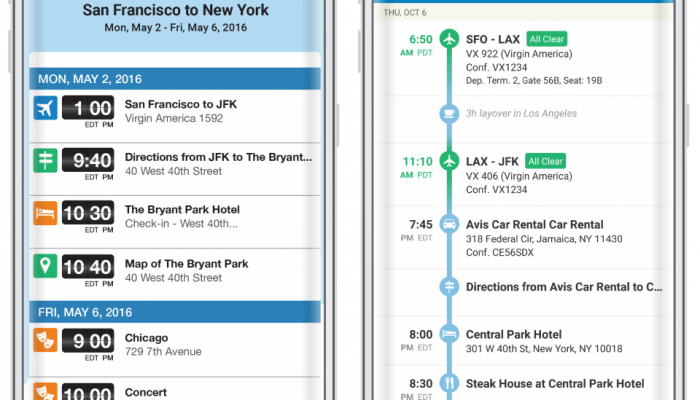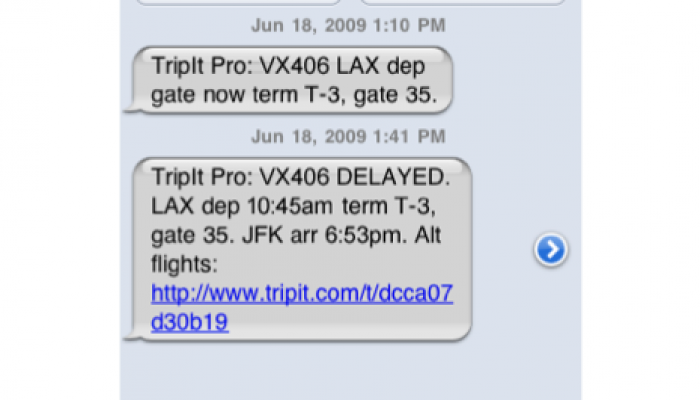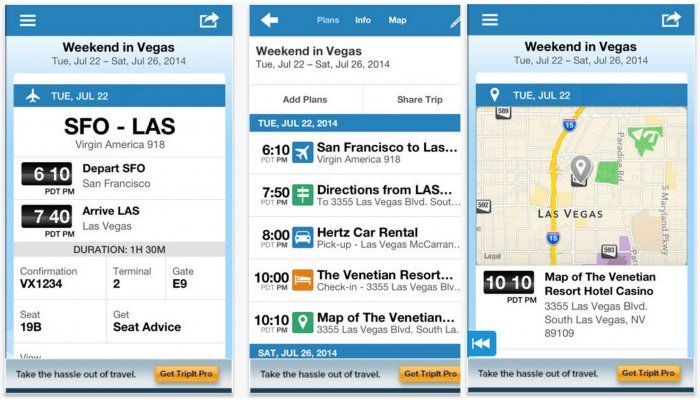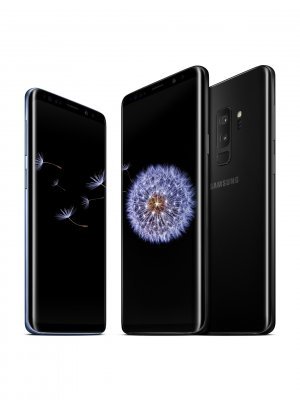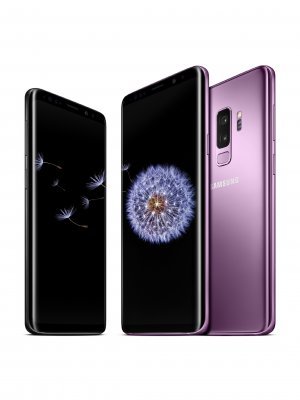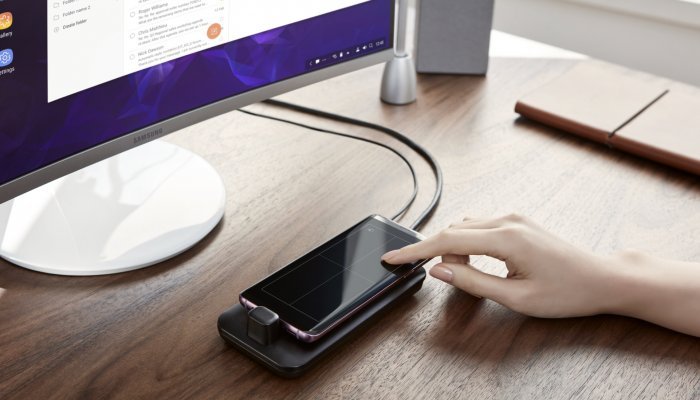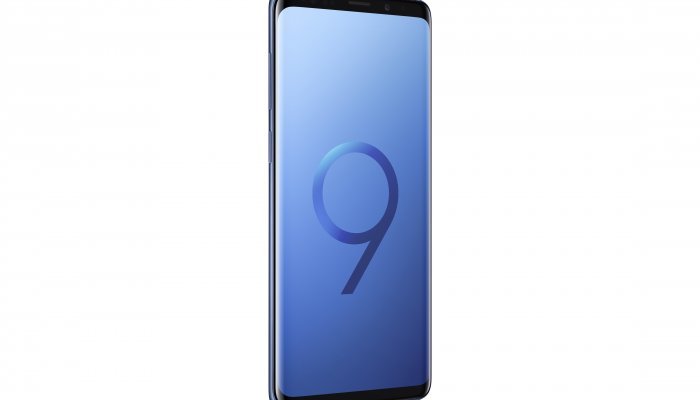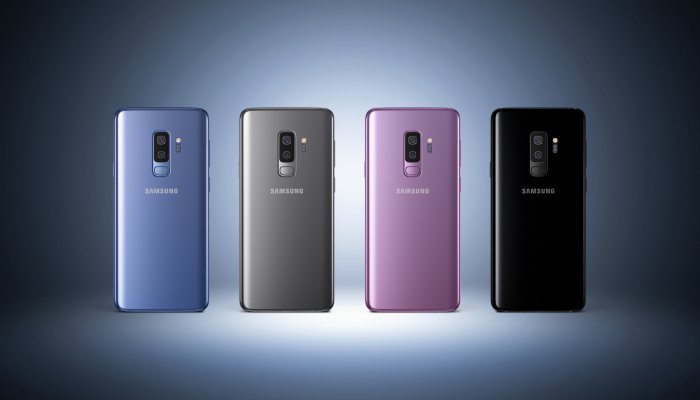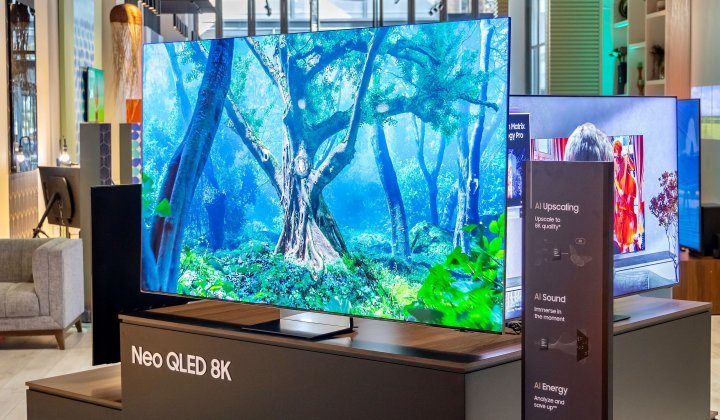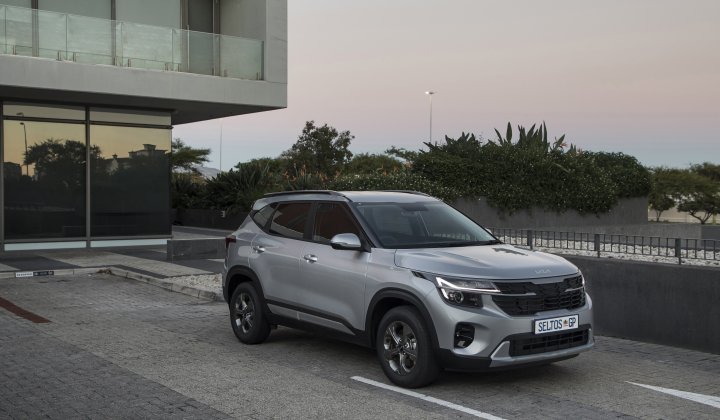Essential Business Apps
Tripit Pro – taking the stress out of travel
Price $49
Time is money, especially when travelling on business. You need to be able to rely on accurate travel information to get you from point A to point B. Tripit is an indispensable app to help you manage your journey without stress. The app curates all your travel options in one easy viewing experience, chronologically on your phone. You don’t have to worry about logging in and entering anything manually – Tripit does it all automatically. All you do is simply forward your travel tickets to the app email and within seconds the information is uploaded and displayed. It manages car hire, flight tickets, train tickets, hotel accommodation – basically any travel bookings for your trip
The free version allows you to do the basics but with the paid version, a $49 a year subscription, you get a whole smorgasbord of services which quite frankly are worth every cent. You get SMS alerts when your boarding gate has changed or your connecting flight is delayed. No more wasting time when arriving at a foreign airport, frantically looking at the departure screen and trying to figure out where you’re supposed to be! The paid version also alerts you when better seats become available and you get to view all your reward programmes on one screen with your latest mileage accruals. The Tripit Pro version also has interactive maps of airports to guide you to the various lounges. My favourite feature though is the real-time transport option: the app knows where you are and what time your flight is, for example, and it then checks traffic congestion and alerts you as to how soon you need to leave for the airport to make your flight.
New tech
Philips Li-Fi
Mobility is key in any business. The first thing most people do is check if Wi-Fi is available before getting down to business. Connectivity is the gateway for any modern device and Wi-Fi has become the standard for connecting. The truth is that Wi-Fi networks can be flaky and signal strength can make it challenging. Wi-Fi which has been around since the early 2000s is about to undergo a metamorphosis thanks to new innovations.
Philips has been working on brand new technology called Li-Fi, which stands for light fidelity. Traditional Wi-Fi networks use radio signals to transmit data whereas Li-Fi uses light. It is that simple. The technology sits in the LED light – data is sent through light waves that are modulated at the light source and received via an integrated infrared sensor which sits on the machine. The win for business with Li-Fi is the range of connectivity. Li-Fi has 10 000 times the spectrum of Wi-Fi. Areas where there is electromagnetic interference, for example, thick walls, underground areas or even high-security areas in banks where traditional Wi-Fi struggles is not a problem for Li-Fi. The technology is currently being tested in an office environment in Paris and users on average are currently getting speeds of around 30 Mbps.
World’s smallest computer
IBM
It is as small as a grain of salt and has the same processing power as an x86 computer chip from the 90s. This is what IBM launched at their recent Think 2018 conference. Imagine almost a million minute transistors on such a tiny surface. But what does it mean for businesses? We are living in a world where data and analytics are redefining business intelligence. This chip has the ability to analyse, communicate and make decisions in real time. It is small enough and cheap enough to be put anywhere. IBM says this prototype costs less than $.10 cents (R1.20) to manufacture. In a world with billions of IoT (Internet of Things) devices and blockchain technology, computers like these are going to change the dynamics of how we do things digitally.
Samsung S9 Plus – a business phone on steroids
Priced from R16 000
Samsung recently launched their latest flagship devices the S9 and the S9 Plus. Are either worth the upgrade? Absolutely! Although aesthetically the S8 and the S9 look the same with the edge-to-edge screen and rounded edges, the upgrades have been done with speed in mind. The new S9 Plus has 6GB of RAM and a faster processor. It is useful when you are running several business applications simultaneously on the phone screen. It feels significantly zippier than its predecessor. The big jump has been on the camera. It has a dual-aperture lens that adjusts automatically to the current lighting conditions. Samsung also introduced real-time translation via its Bixby personal assistant platform. It’s a great tool when travelling in foreign countries – you simply open the camera and point to any foreign text and the foreign language in translated into your language of choice on your screen.


